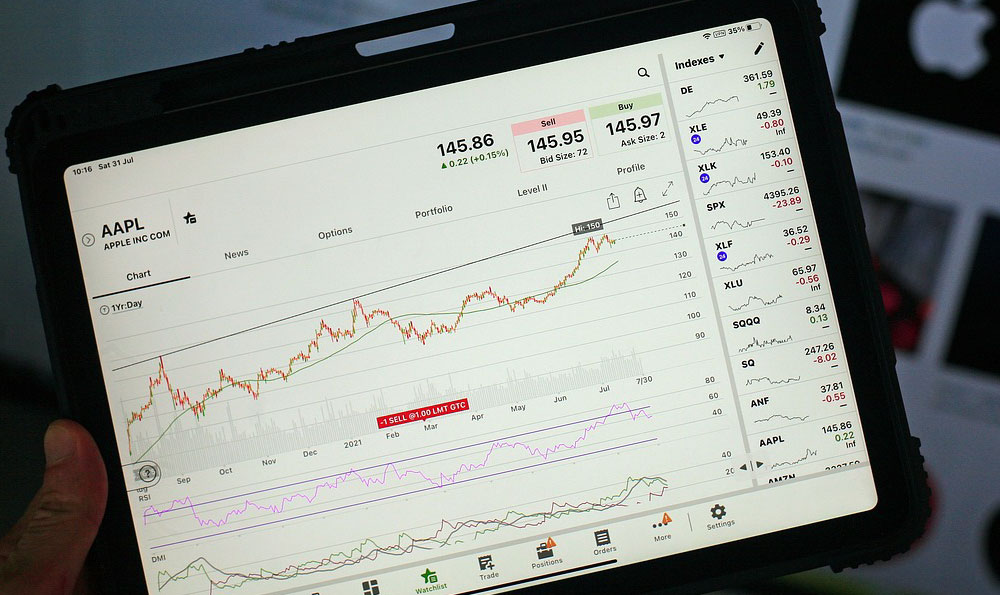Monetizing Podcasts: How to Generate Revenue Online

Monetizing podcasts has become an increasingly viable path for creators to transform their passion into a sustainable income stream. As the digital landscape continues to evolve, the demand for high-quality audio content has surged, creating opportunities for individuals to monetize their platforms through diverse methods. However, success in this domain requires more than just producing engaging material; it involves strategic planning, audience cultivation, and a nuanced understanding of the tools and platforms that enable financial growth. By aligning content creation with monetization strategies, podcasters can navigate the complexities of online revenue generation while minimizing risks associated with dependency on a single income source.
The foundation of any profitable podcast lies in its ability to attract a dedicated audience. This is not merely a matter of content quality, but also of consistency and value delivery. Listeners are more likely to return to a podcast that not only entertains or educates them but also provides actionable insights or unique perspectives. Building a loyal following takes time, often measured in months or even years, but once established, this audience becomes the cornerstone of monetization efforts. For example, a podcast that consistently delivers expert advice in a niche field like personal finance or cryptocurrency can develop a reputation as a trusted resource, thereby increasing its appeal to sponsors and advertisers.
One of the most straightforward ways to generate revenue is through advertisements. Podcasters can monetize their platforms by securing sponsorships or affiliate partnerships that align with their audience's interests. This process typically involves identifying the right brand partners, negotiating terms, and ensuring the content maintains its authenticity while promoting products or services. A critical factor in this method is the ability to maintain a balance between commercialization and listener experience. Overly aggressive advertising can lead to audience fatigue, whereas too little may not generate sufficient income. To optimize this avenue, creators should analyze metrics such as audience size, engagement rates, and listener retention to determine the most effective ad placement and frequency.

Another avenue for monetization is the development of exclusive content or premium services. By offering additional value to dedicated listeners, podcasters can create a tiered revenue model that includes pay-per-listen subscriptions, downloadable guides, or live events. These offerings not only provide an alternative income stream but also foster a sense of community among loyal followers. For instance, a podcast focused on tech innovations might provide members with early access to industry reports or specialized interviews, thereby incentivizing financial support. The key to this strategy is creating content that justifies the cost, ensuring that subscribers perceive tangible benefits beyond what is available to free listeners.
Brand collaborations present another opportunity for monetization, especially for podcasts that have cultivated a strong community and reputation. This method involves partnering with brands or businesses that resonate with the podcast's niche and audience. Unlike traditional sponsorships, which often involve broad ad placements, brand collaborations can be more customized, such as creating custom content or integrating products seamlessly into the podcast's messaging. This approach requires careful vetting of potential partners to ensure that their values align with the podcast's mission and that their offerings add genuine value to the audience.
In addition to these methods, podcasters can explore direct sales of products or services related to their content. For example, a podcast focused on fitness can sell workout plans or nutritional supplements, while a podcast on literature can offer curated book bundles or writing courses. This strategy demands a clear understanding of the target audience's needs and preferences, as well as the ability to build trust in the products being sold. Establishing a strong reputation for credibility and expertise is essential in this regard, as listeners are more likely to purchase from a source they trust.
The integration of data analytics offers podcasters a powerful tool for refining their monetization strategies. By analyzing listener behavior, creators can identify patterns and preferences that inform decisions regarding content production, audience engagement, and revenue models. For instance, understanding which segments of the audience are more likely to engage with certain types of content can help creators tailor their monetization efforts more effectively. This data-driven approach not only enhances the efficiency of revenue generation but also reduces the risk of financial setbacks by allowing creators to adapt to changing market conditions.
For those seeking to monetize podcasts without relying solely on advertisements, the creation of a membership model or Patreon platform provides an alternative. These services enable creators to offer exclusive content to paid supporters, often with tiered benefits such as early access, personalized feedback, or behind-the-scenes insights. The success of this model depends on the ability to create compelling content that motivates listeners to support the podcast financially. Additionally, creators must ensure that their offerings are structured in a way that does not compromise the integrity of their broadcast.
The monetization of podcasts also extends to the realm of affiliate marketing, where creators earn a commission by promoting products or services through their platform. This method is particularly effective for podcasts that have a strong focus on recommendations or reviews, as listeners often trust the opinions of their favorite hosts. To maximize the potential of this strategy, creators should ensure that their affiliate links are integrated naturally into the content, without appearing intrusive or manipulative.
Finally, the use of crowdfunding or direct donations can provide an additional source of income for podcasters. Platforms such as Patreon or Ko-fi allow creators to receive financial support from listeners who value their work. This method is ideal for those who prefer a more grassroots approach to monetization, as it relies on audience appreciation rather than external sponsorship. However, the challenge lies in maintaining a consistent content output to justify the financial support, ensuring that listeners feel their investment is worthwhile.
In conclusion, the monetization of podcasts is a multifaceted endeavor that requires a combination of strategic planning, audience engagement, and adaptive execution. By exploring diverse revenue streams and leveraging data analytics, podcasters can create a resilient financial model that supports their creative pursuits while maximizing the value they provide to their audience. As the podcasting industry continues to grow, those who approach monetization with innovation and integrity are poised to thrive in this competitive landscape.















